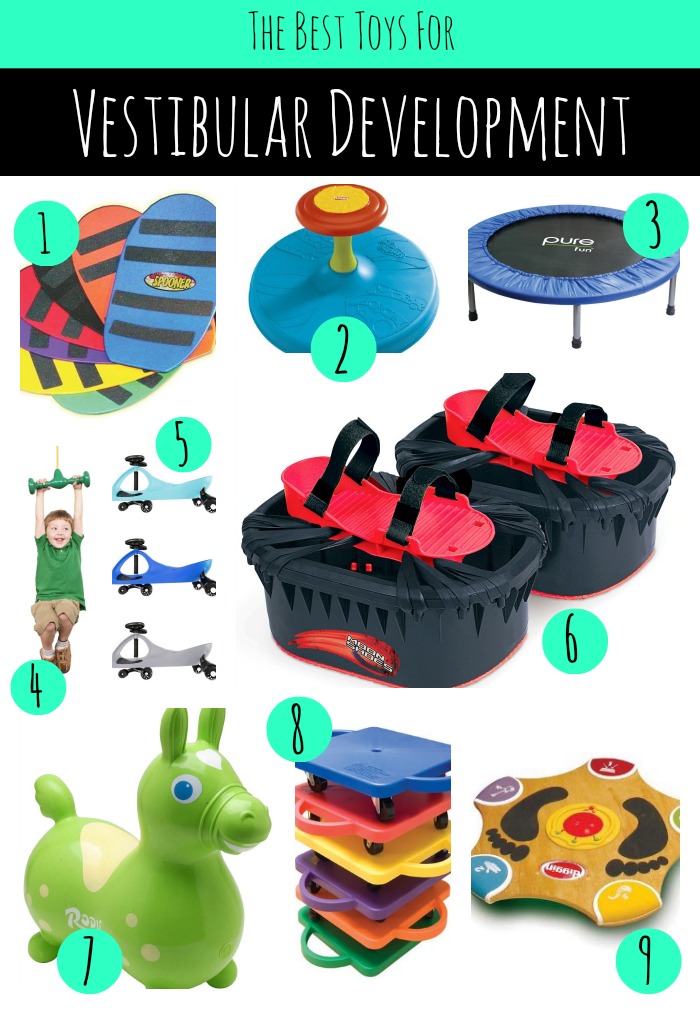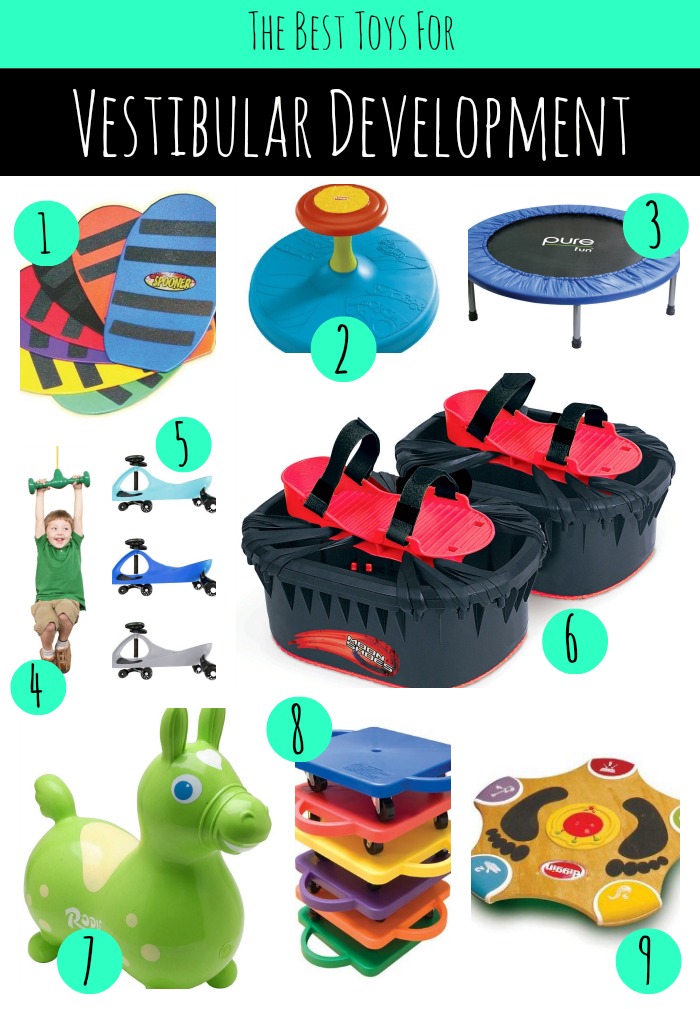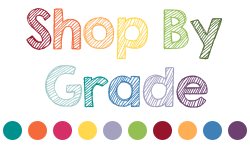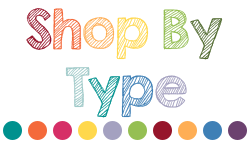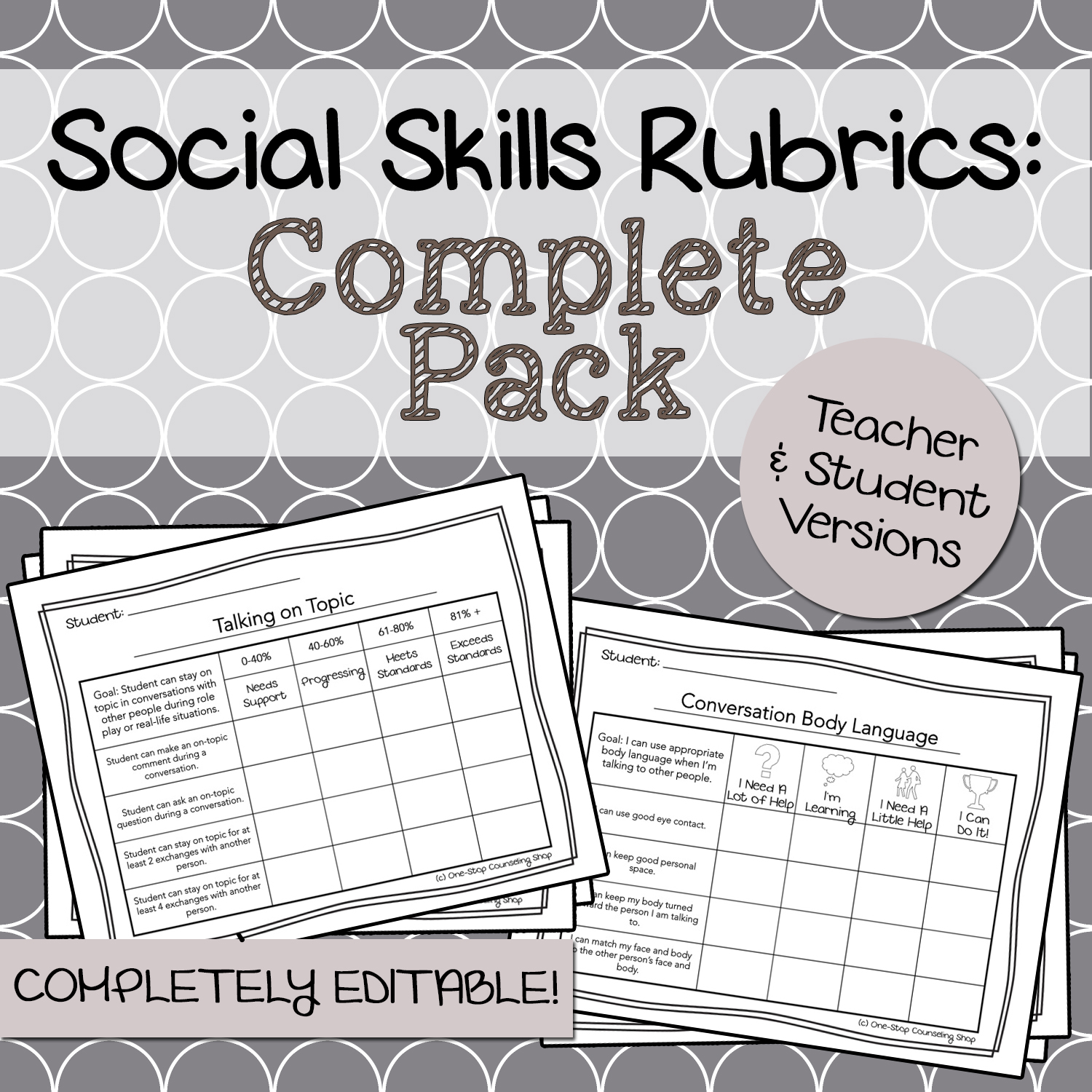
These rubrics were designed to help counselors, teachers, social workers, or SLPs keep track of a student’s progress on school success, problem-solving, friendship, feelings, communication, and self-esteem goals. Each individual set includes 7 rubrics in both a teacher and student version (for a total of 14 rubrics + 2 blank ones to customize).
Rubrics are presented in PDF and editable Microsoft Powerpoint Format, so the wording can be customized to fit your students’ ability levels and needs. Also, you can use Powerpoint’s printing settings to print multiple rubrics per page. Great for when you have multiple students working on the same goal!
If you’d like to save a little money, you can download the Complete Social Skills Rubric Pack for a discount! It includes 42 rubrics in both a teacher and student version (for a total of 84 rubrics + 2 blank ones to customize). The following skills are included:
Enjoy 🙂
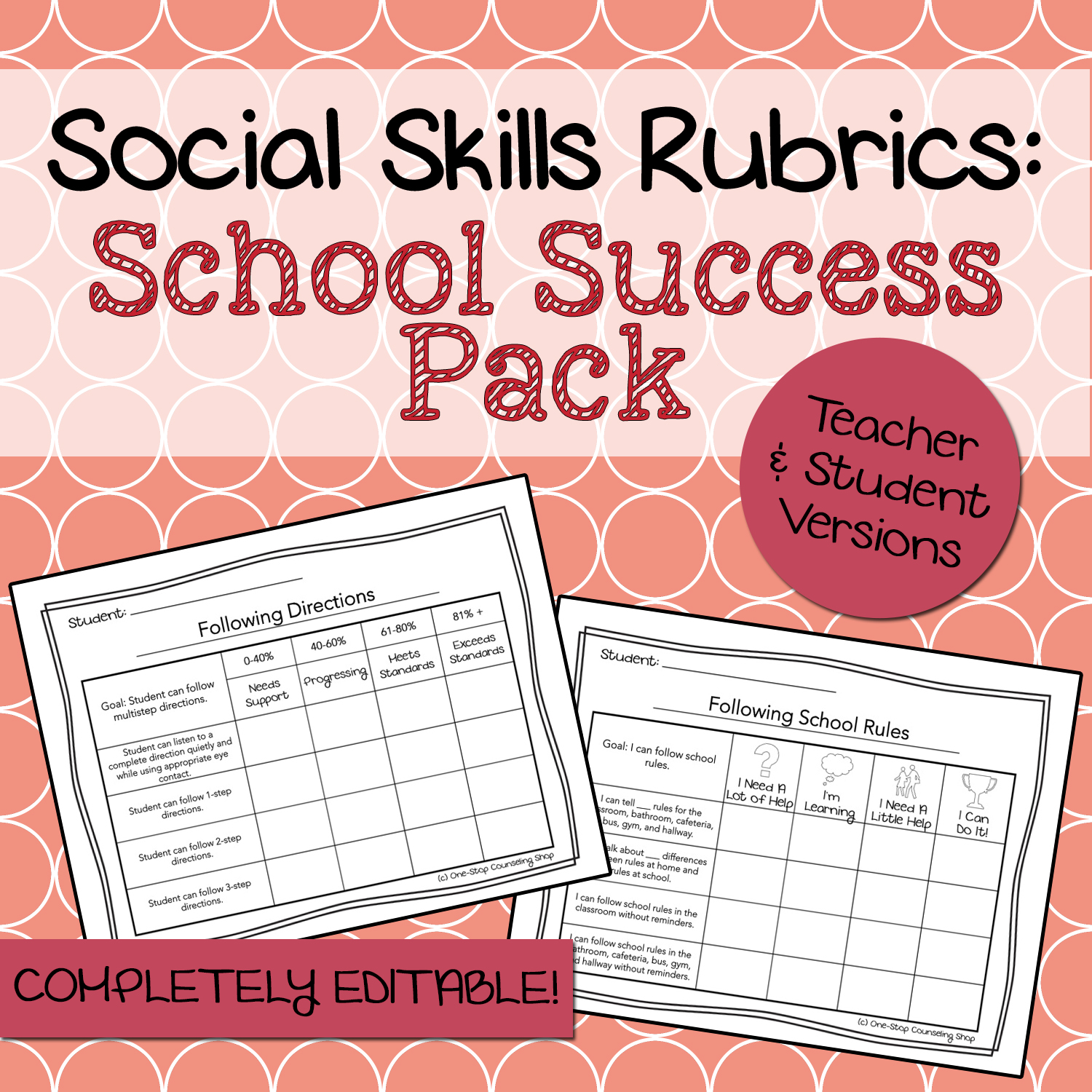
School Success Skills
– Following Directions
– Work Completion
– Remaining On-Task
– Asking Questions
– Being Prepared
– Attendance
– Following School Rules
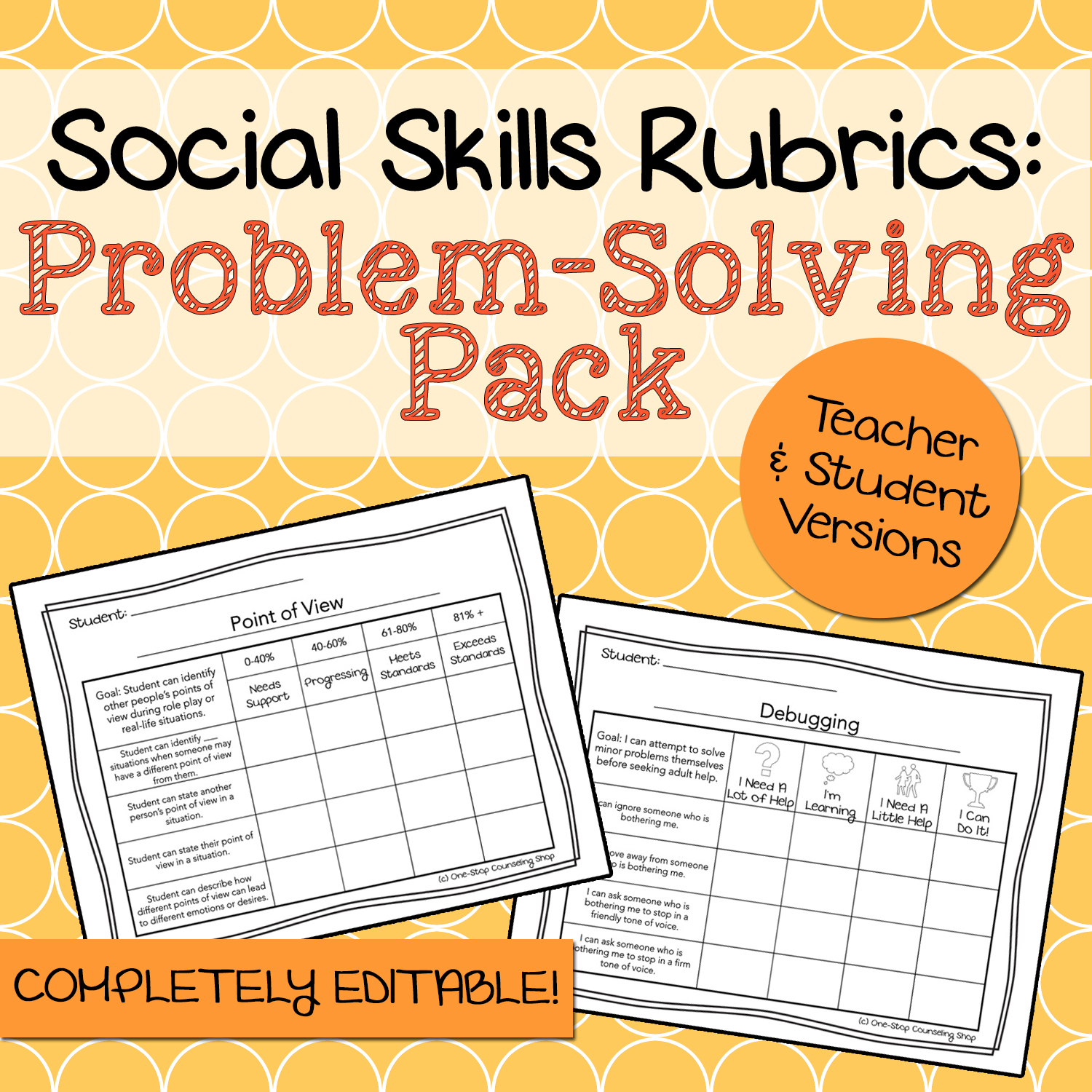 Problem-Solving Skills
Problem-Solving Skills
– Debugging
– Tattling and Reporting
– Compromise
– Point of View
– Fact and Opinion
– Dealing with Disagreements
– Dealing with Gossip
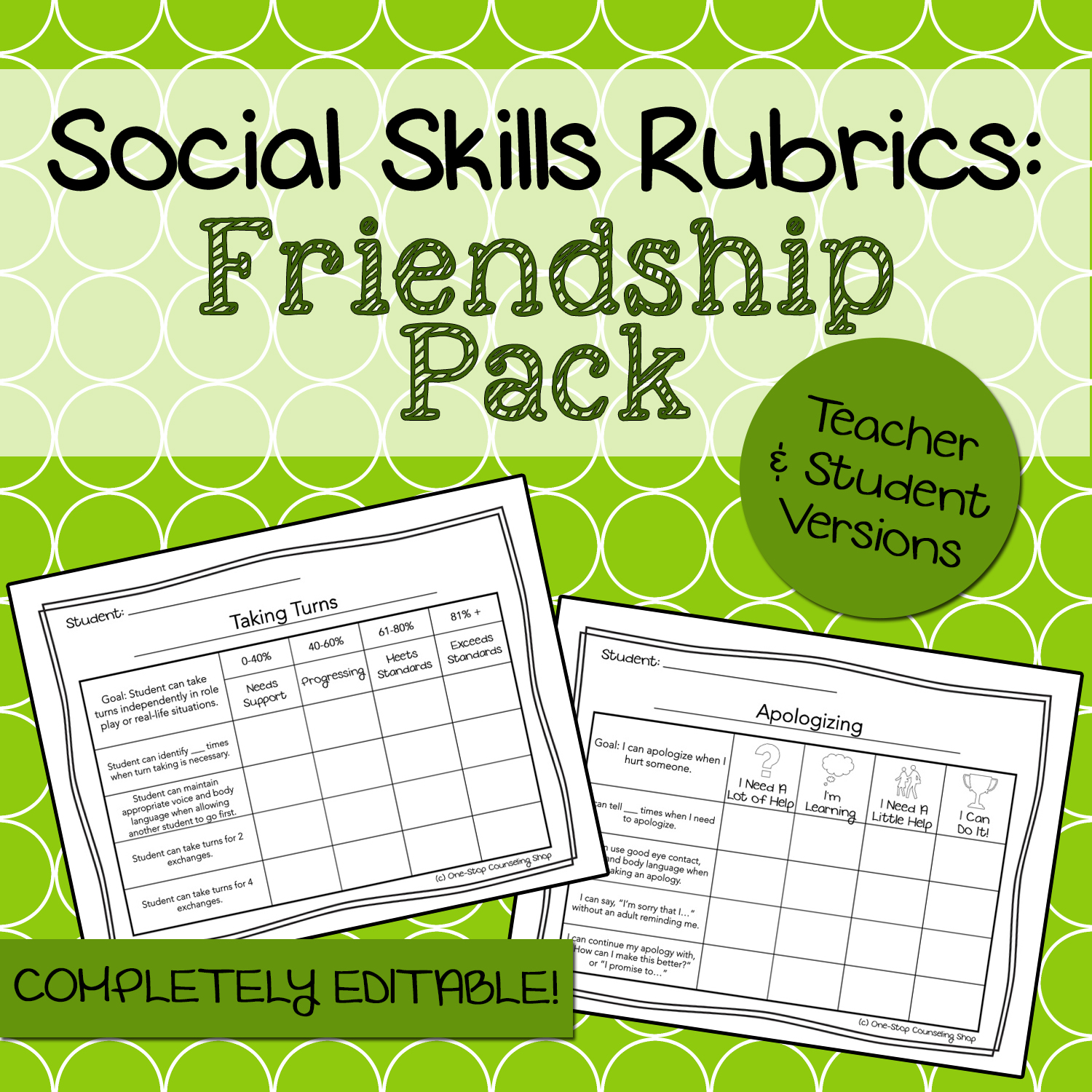
Friendship Skills
– Choosing Friends
– Feeling Left Out
– Being a Good Sport
– Apologizing
– Taking Turns
– Giving a Compliment
– Accepting a Compliment
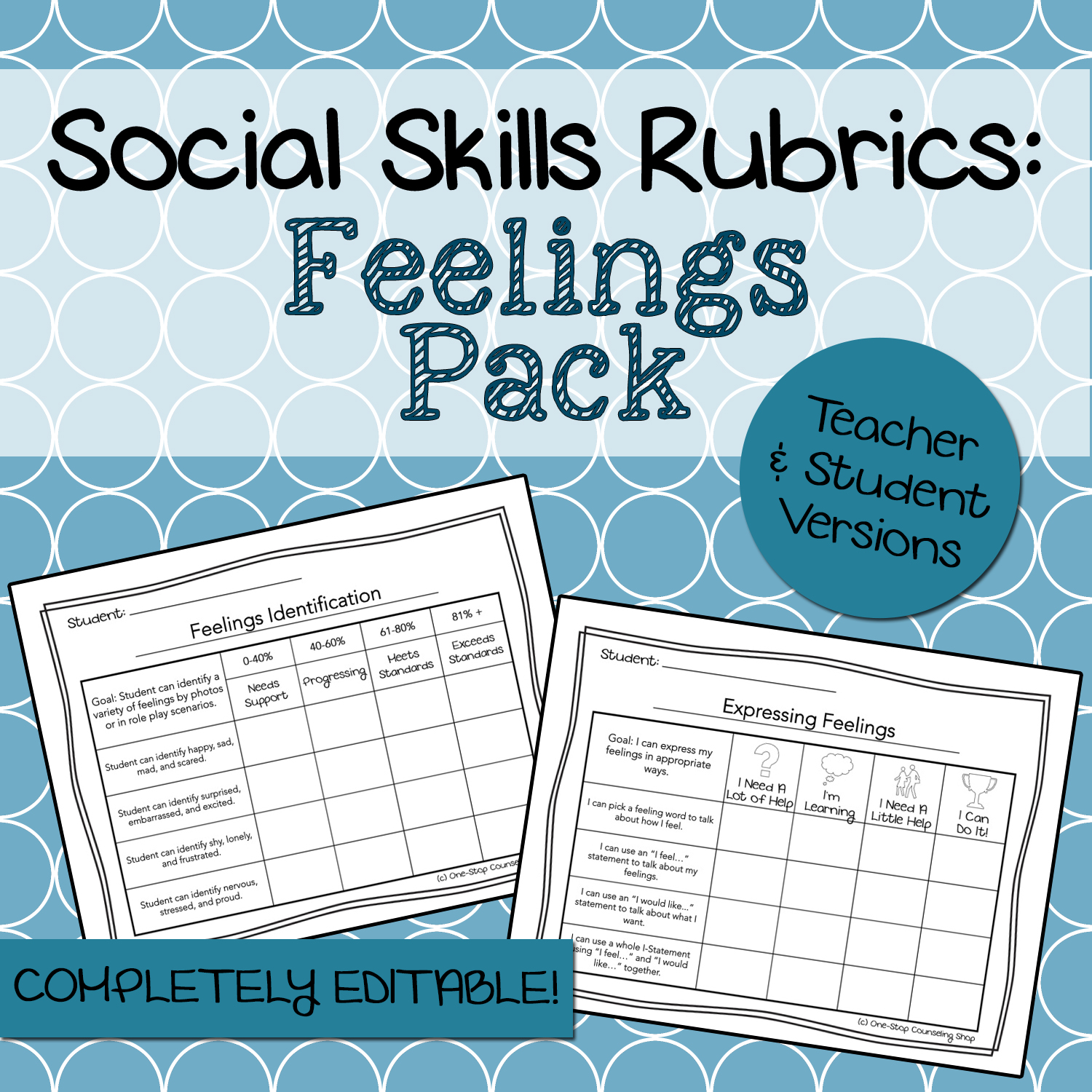
Feelings Skills
– Feelings Identification
– Reading Body Language
– Responding to Negative Emotions
– Feelings Demonstration
– Expressing Feelings
– Dealing with Anger or Frustration
– Dealing with Anxiety
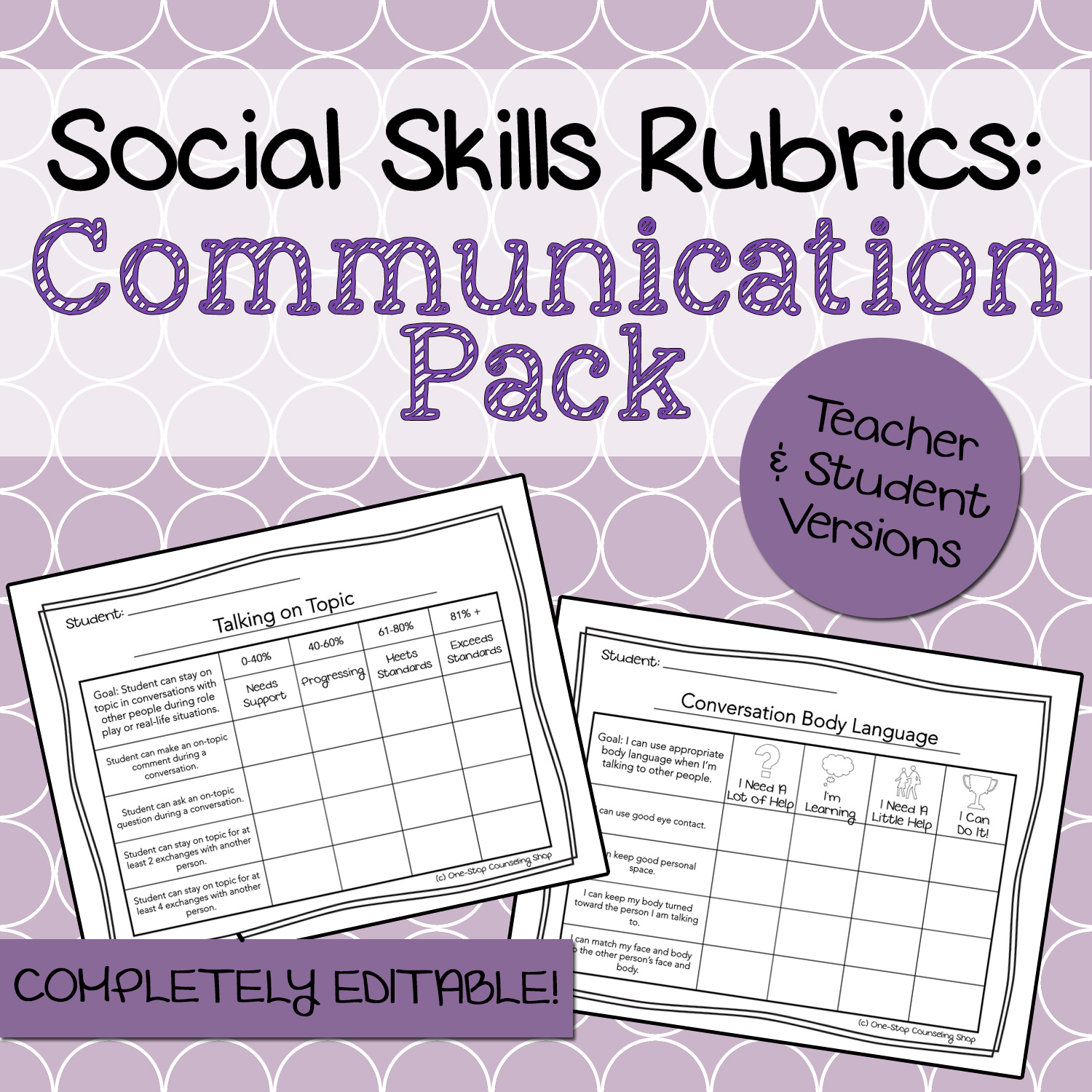
Communication Skills
– Introducing
– Having a Conversation
– Talking on Topic
– Interrupting
– Conversation Body Language
– Personal Space
– Mental Filtering
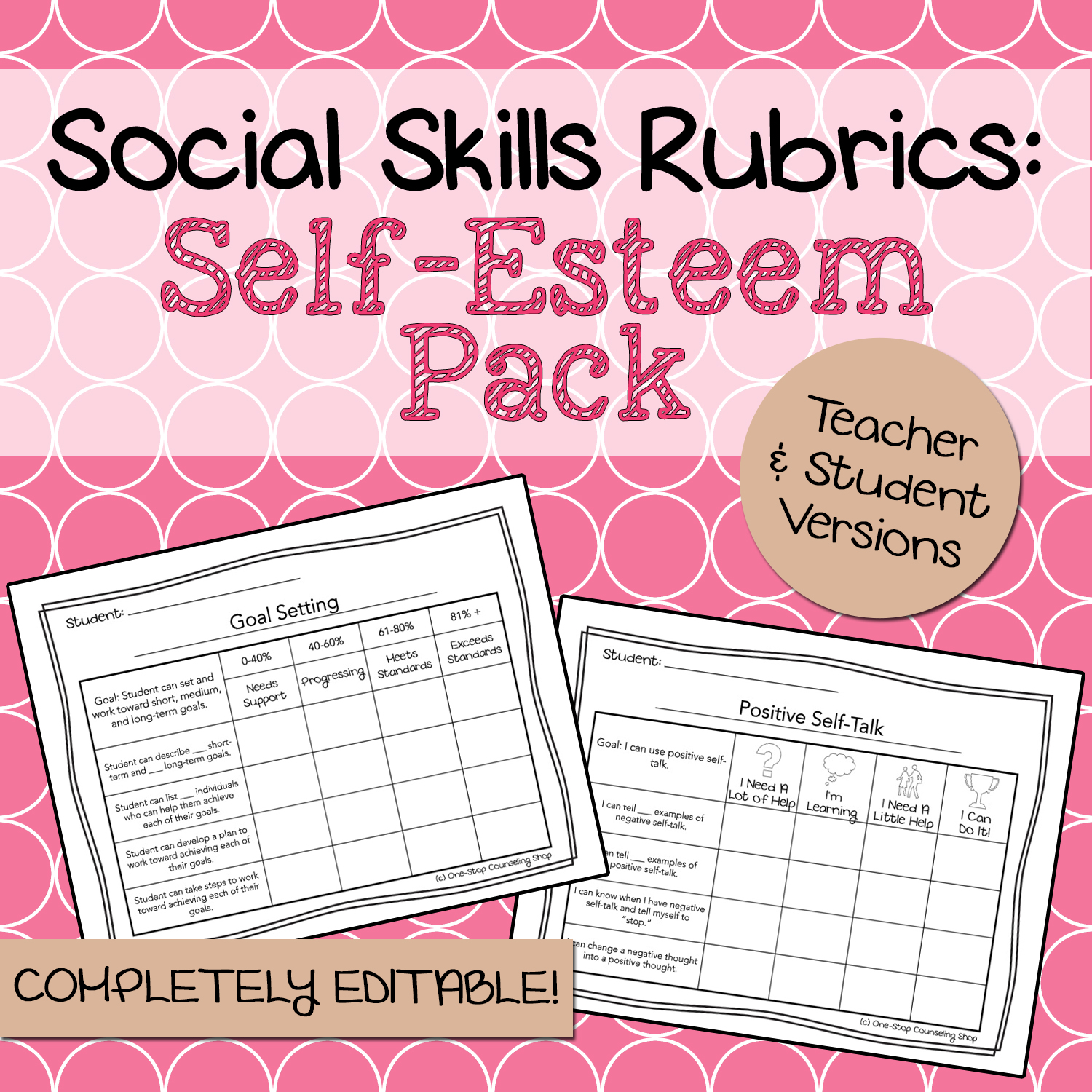
Self-Esteem Skills – some skills offered as a freebie
– Positive Self-Talk
– Goal Setting
– Understanding Strengths
– Dealing with Peer Pressure
– Dealing with Mistakes
– Self-Reflection (Complete Pack only – not in freebie)
– Working in a Group (Complete Pack only – not in freebie)
SaveSave
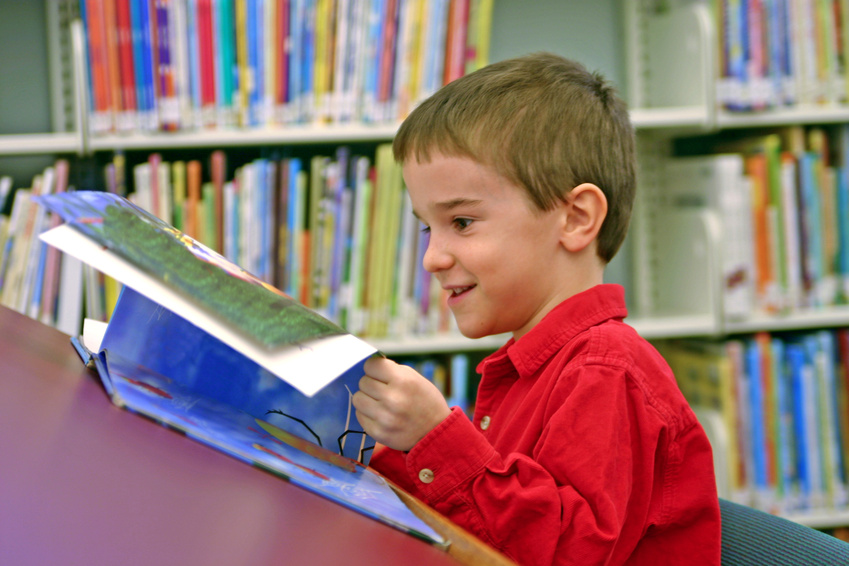

Do you have any favorite books for teaching social-emotional skills?


















